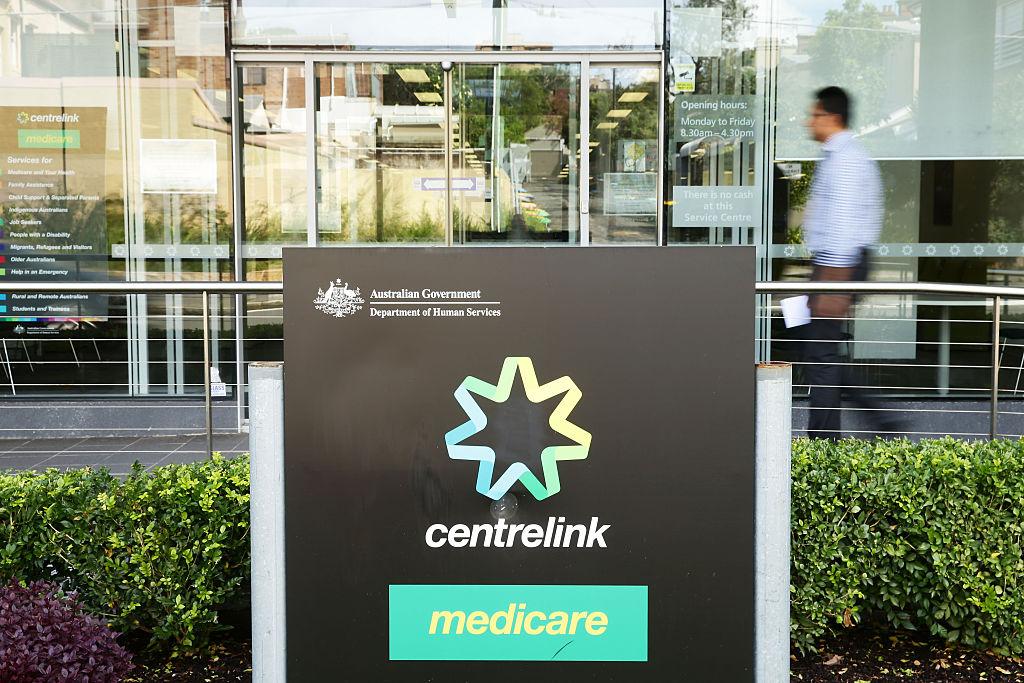A senior public servant has rejected a controversial income averaging process that was fundamental to proposals for the now-defunct robodebt recovery scheme amid “relentless” departmental pressure at the time.
A royal commission, sitting in Brisbane, is probing how the automated robodebt scheme went ahead despite federal government departments knowing the calculation method was unlawful.





